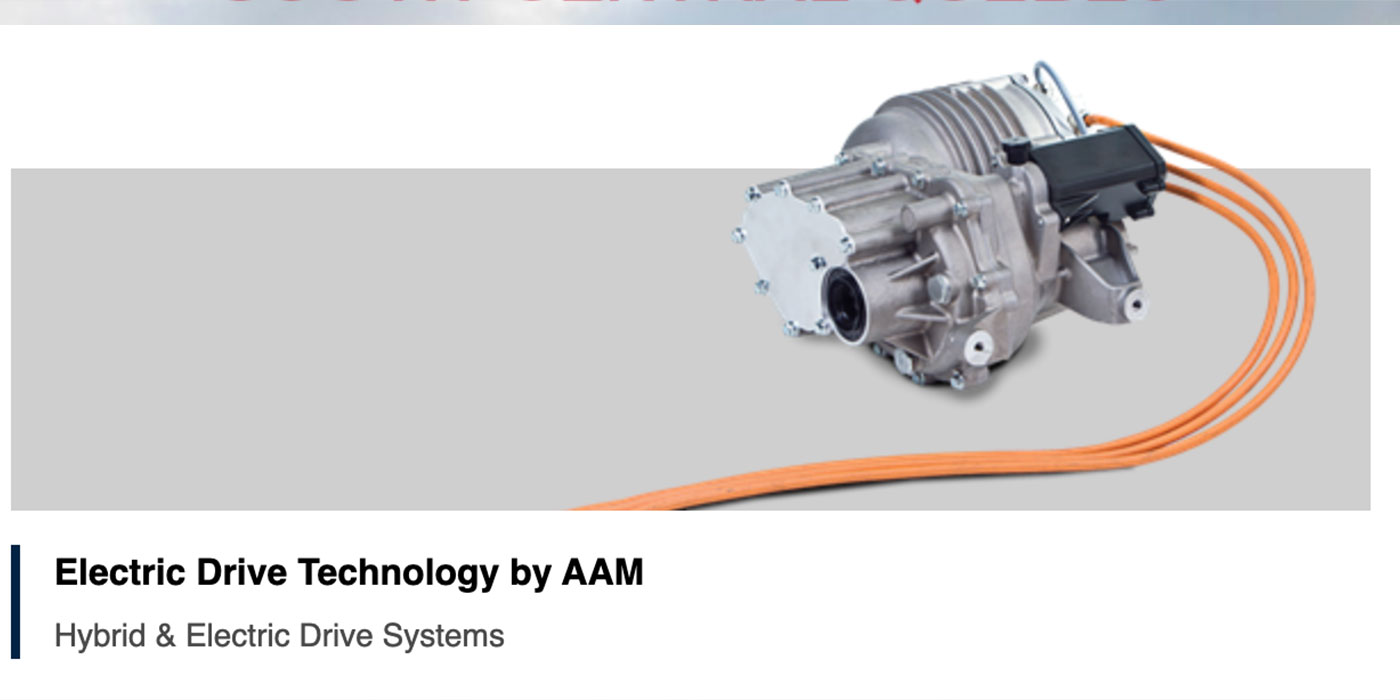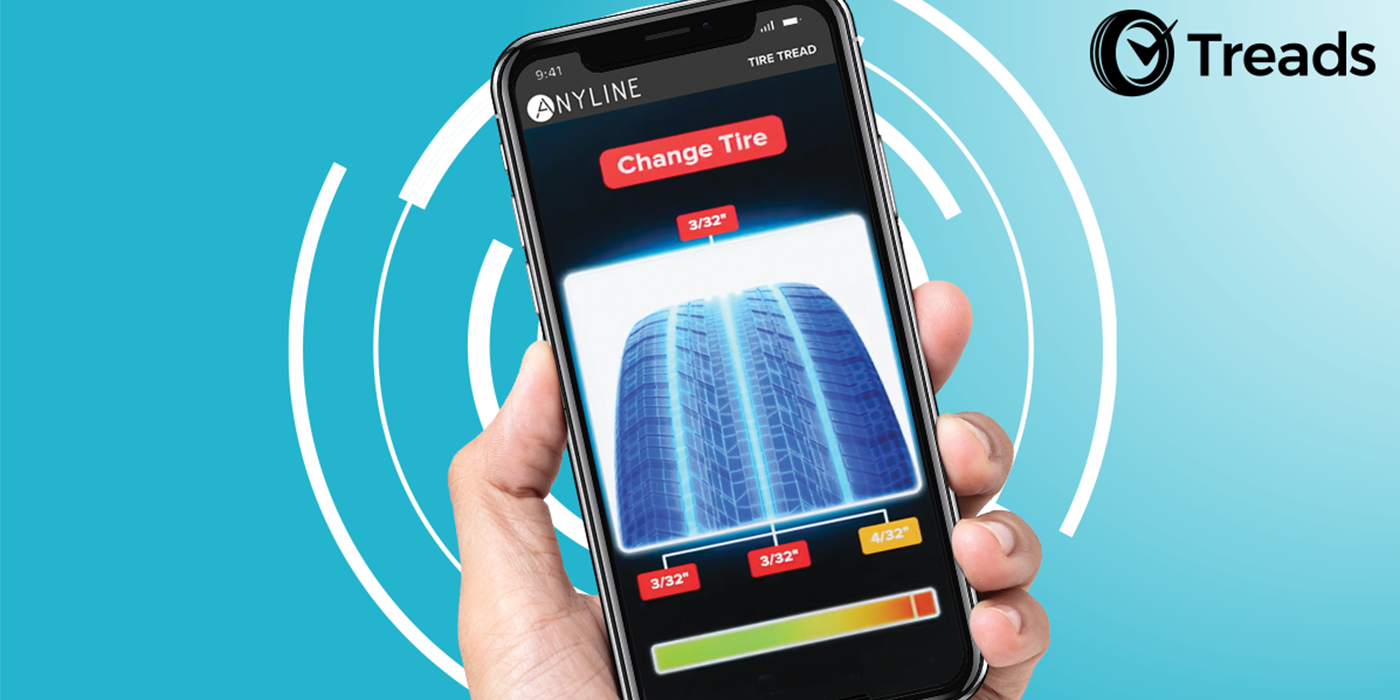Satisfaction with fuel economy/range is typically stronger among owners of gas-powered vehicles than satisfaction with range/charging speed among owners of battery-electric vehicles (BEVs). This year, while BEV owners have a similar, albeit slightly lower, level of satisfaction with charge times and driving range as they did a year ago, high gas prices have led to a noticeable decrease in fuel economy/range satisfaction among owners of gas-powered vehicles, according to the J.D. Power 2022 U.S. Automotive Performance, Execution and Layout (APEAL) Study, released today. The gap between economy/range is only 7 points (on a 1,000-point scale).
The drop in satisfaction with economy/range also has contributed to a one-point decline in overall new-vehicle satisfaction, the first decline since 2014 and only the fifth year-over-year decline in the 27-year history of the study.
“The most important factor leading to the industry decline this year is owners’ perception of their vehicle’s fuel economy,” said David Amodeo, director of global automotive at J.D. Power. “The study was fielded as fuel prices were experiencing a meteoric rise, and that pinch at the pump is conveyed in lower vehicle satisfaction. Battery-electric vehicles have not been negatively affected by the increase in fuel costs but do have issues related to battery range and charging time.”
Some BEVs have bucked that trend, though. The recently launched Kia EV6 compact SUV and Mercedes-Benz EQS large premium car are two BEV models that rank highest in their respective segments. However, most segment leaders in emotional appeal are conventional gasoline-powered cars, trucks, vans and SUVs. Newcomers to the market that top their segments are the Jeep Wagoneer large SUV, Jeep Grand Wagoneer large premium SUV, Kia Carnival minivan, Genesis GV70 compact premium SUV and Hyundai Santa Cruz midsize pickup.
Now in its 27th year, the APEAL Study complements the J.D. Power U.S. Initial Quality Study (IQS) and the J.D. Power U.S. Tech Experience Index (TXI) Study by measuring owners’ emotional attachment and level of excitement with their new vehicle. The APEAL Study asks owners to consider 37 attributes, ranging from the sense of comfort they feel when climbing into the driver’s seat to the exhilaration they get when they step on the accelerator. Vehicle owners’ responses to queries about these attributes are aggregated to compute an overall APEAL Index score measured on a 1,000-point scale.
Following are key findings of the 2022 study:
- Mass market brands decrease in emotional appeal: The 19-point gap in score between premium and mass market brands in 2021 has widened to 31 points this year, as mass market brands decline 4 points and premium brands improve 8 points.
- Repeats for top mass market and premium brands: Dodge is the highest-ranked mass market brand in APEAL for a third consecutive year with a score of 882, identical to its score a year ago. Porsche, a perennial top-performing premium brand in APEAL, ranks highest among all brands with a score of 888, a six-point improvement from 2021. “While these brands are very different, both Dodge and Porsche owners identify strongly with their vehicles,” Amodeo said. “That certainly contributes to their stellar APEAL Study results.”
- Electrified vehicles are not as appealing as gas vehicles: Hybrid vehicles and plug-in hybrid vehicles (PHEVs) have lower composite APEAL Index scores than conventional gasoline-powered vehicles. The score for PHEVs is 835 and is 832 for hybrids. In comparison, the composite index score for gasoline-powered vehicles is 846. Battery-electric vehicles (excluding Tesla) also underperform gasoline vehicles in APEAL with an index score of 838. Tesla vehicles are summarized separately from the BEV composite score because the brand’s dominance in the category would skew the results of all other BEVs. It is important to understand that certain attributes of Tesla models continue to outperform other BEVs, though there are notable challengers emerging such as the Mercedes-Benz EQS.
- Tesla Motors officially included for the first time: Tesla Motors is included in the industry calculation for the first time, with a score of 887. However, because Tesla Motors does not allow J.D. Power access to owner information in the states where that permission is required by law, Tesla models remain ineligible for awards.
Highest-Ranking Brands
Porsche ranks highest among premium brands with a score of 888. Genesis (886) ranks second and Cadillac (885) ranks third among premium brands.
Dodge ranks highest among mass market brands with a score of 882. Ram (863) ranks second and GMC (856) ranks third among mass market brands.
Jeep is the biggest gainer in the mass market rankings, placing seven rank positions higher than in 2021. Cadillac, Mercedes-Benz, Jaguar and Infiniti gain the most in the premium brand rankings, up three places year over year. Infiniti is the biggest gainer in terms of points, improving 24 points from a year ago.
Model-Level APEAL Awards
The parent company receiving the most model-level awards (for models ranking highest in their respective segments) is Hyundai Motor Group (seven awards), followed by BMW AG, Nissan Motor Co., Ltd., and Stellantis NV with three awards each.
The complete list of award recipients is:
- Hyundai Motor Group: Genesis G80, Genesis GV70, Hyundai Palisade, Hyundai Santa Cruz, Kia Carnival, Kia EV6 and Kia K5
- BMW AG: BMW X6, MINI Clubman and MINI Cooper
- Nissan Motor Co., Ltd.: Infiniti QX60, Nissan Murano and Nissan Versa
- Stellantis NV: Jeep Wagoneer, Jeep Grand Wagoneer and Ram 1500
- Ford Motor Company: Ford Bronco Sport and Ford Super Duty
- Mercedes-Benz Group AG: Mercedes-Benz GLA and Mercedes-Benz EQS
- Toyota Motor Corporation: Lexus IS
- Volkswagen AG: Porsche 911
The BMW X6 is the highest-ranking individual model.
The BMW X6, Nissan Versa and Ram 1500 each receive model-level awards for a third consecutive year.
The 2022 U.S. APEAL Study is based on responses from 84,165 owners of new 2022 model-year vehicles who were surveyed after 90 days of ownership. The study was fielded from February 2022 through May 2022, based on vehicles registered from November 2021 through February 2022.
For more information about the U.S. APEAL Study, visit https://www.jdpower.com/business/automotive/us-automotive-performance-execution-and-layout-apeal-study.














